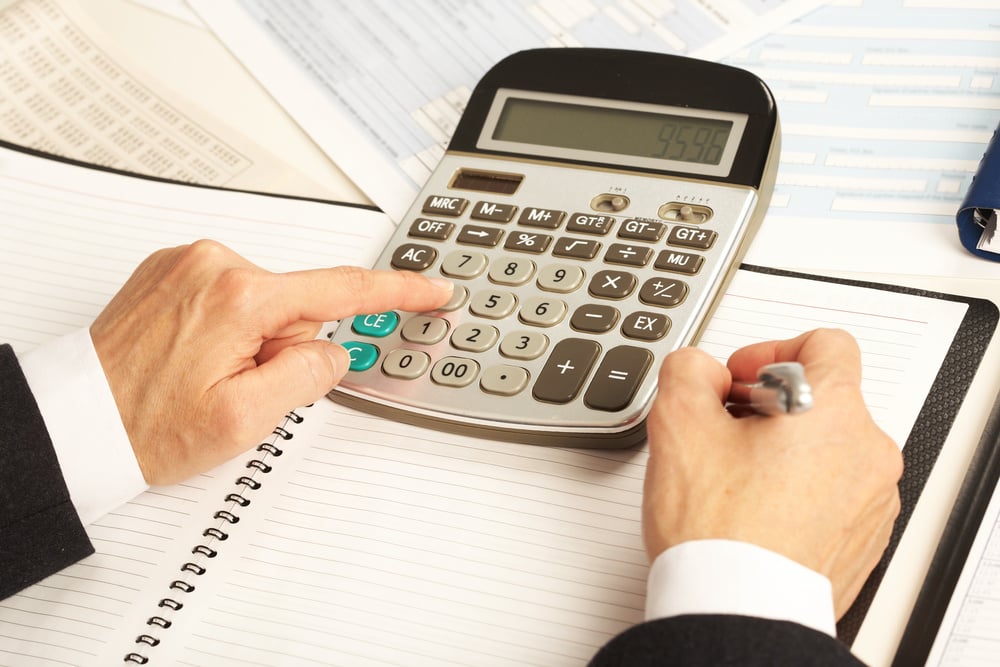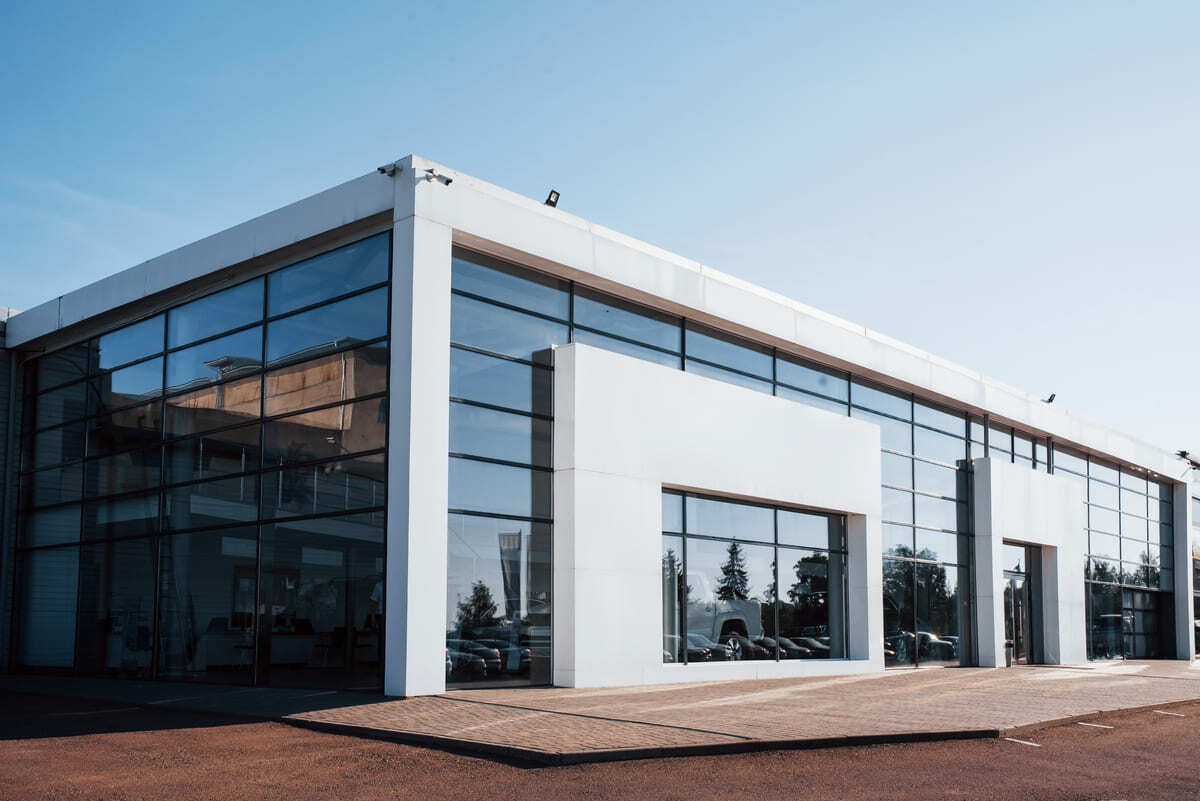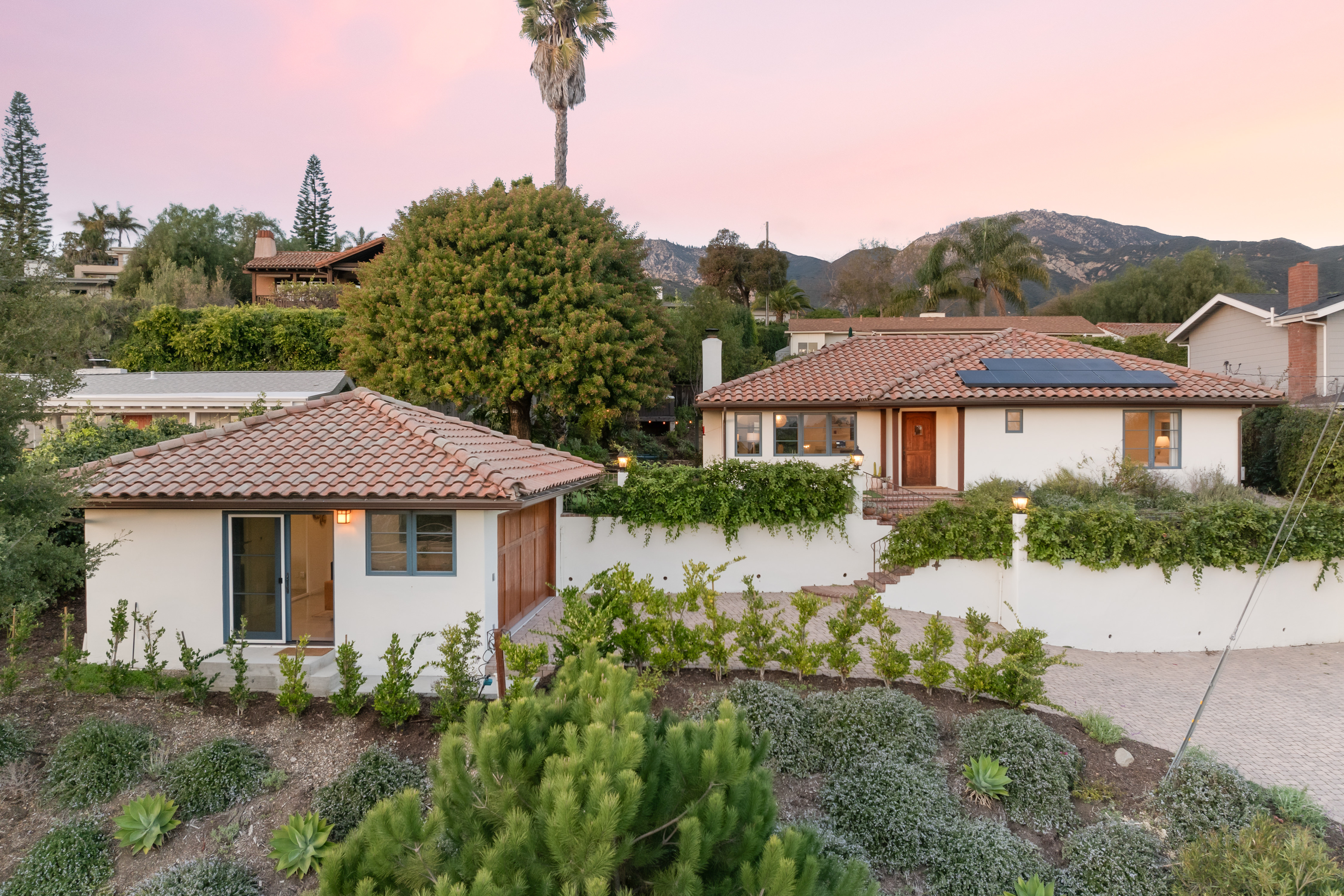
When owning an investment property, a must-do activity is to create a complete list of potential property expenses upfront, ongoing, and future. Preparing for all associated costs can help prepare the property owner for an emergency or unexpected expense.
This article will cover some of the most common expenses involved with owning a rental property. These rental property tips will help prepare you for all expected costs and help you calculate precisely how much you may have to spend on your investment property.
Use the 1% Rule
Most investors use the 1% rule when determining how much to charge for rent. For example, if the rental property costs $150,000, rent would be $1,500 per month.
Follow the 50% Rule
Most investors follow the 50% rule when estimating how much expenses for the investment property will be. For example, if rent is $1,500 per month, it can be estimated that the average monthly expenses for the property would be $750.
Operational Costs
Having a rental property involves recurring costs, which are necessary to maintain and keep the property safe for the renter. The number of monthly expenses for a rental property can vary.
Common operational costs may include:
- Monthly mortgage payments and interest expenses
- Property taxes
- Sales or use tax
- Local business license
- HOA dues and fees
- Vacancy expense (cost of lost retinal income between renters)
- 8% - 10% for property management fees
- Repairs and maintenance
- Renter turnover expenses, such as new carpet, appliances, etc.
- Landlord insurance
- Landscaping
- Pest control
- Utilities, such as landlord-paid gas and water
Owner Expenses
Owners incur various expenses for managing, maintaining, and owning a rental property.
Common owner expenses may include:
- Continuing education courses to ensure you are staying compliant
- Dues and subscriptions for real estate reports and publications
- Home office expenses
- Office supplies
- Professional fees for a tax advisor and/or a real estate attorney
- Business-only phone
- Travel expenses to visit the property
Common Maintenance Expenses
Because not all maintenance costs are required monthly, it's challenging to estimate an exact cost. When calculating maintenance expenses, it's best to include all possible costs, and what is not spent, be placed in a reserve account for future maintenance costs or emergencies.
Common maintenance expenses may consist of:
- Landscaping and tree trimming
- Homeowner association fees
- Pest control
- Pool cleaning, chemicals, and maintenance
- Light bulbs
- Smoke detector batteries
- HVAC filters
- Miscellaneous janitorial items
Property Management Fees
Most investors like to hire a property management company to help manage and take care of the day-to-day operations of the rental property.
The management company is essentially the middle man between the renter and the property owner and handles most of the maintenance requests and rent payments.
Most property management companies charge fees between 8% and 10% of the monthly rent.
Calculate Potential Investment Property Expenses
Once there is a completed list of all expected expenses, including ongoing and one-time fees, it's time to start calculating estimated costs.
For help determining all potential costs for the rental property, speak with an investor-friendly real estate agent or other property managers experienced in rental property management.
Develop a Budget
Estimating all rental property expenses can help develop a budget to ensure you receive a return on your investment.
Let’s look at an example formula to create a budget for a rental property with a purchase price of $150,000:
- Rental income: $1,500
- Vacancy loss (5%): $75
- Projected Repairs (5%): $75
- Property Management (8%): $120
- Other Expenses: $300
- Projected net operating income (NOI): $930
Once the NOI is determined, the profit for renting out the property may be lower than that amount. The final subtraction is the cost of the monthly mortgage payment. Subtract that amount, and that's your total profit for the month.
Keeping Track of Rental Property Expenses
Real estate investors want to keep track of estimated and actual rental property expenses and can use three main ways to keep track of this information.
First, most real estate investors use a spreadsheet, generic accounting software program, or rental property software to help keep track of their estimates and actual expenses.
Each month, input the estimated expenses calculated using the methods above. Then as expenses during the month are paid, input those numbers.
Documenting and tracking expenses can help determine if the property is operating at a loss or gain.
If operating at a loss, the expense list can show where money is spent so the investor can adjust spending habits and look for more cost-effective methods for maintaining the property.
Investing in rental properties can be very lucrative; however, to experience a return on your investment, you must understand the expenses the rental property will demand.
Understanding the expenses can provide a bigger picture of the benefits of owning an investment property. Plus, it prepares you for any future costs the property may require.










